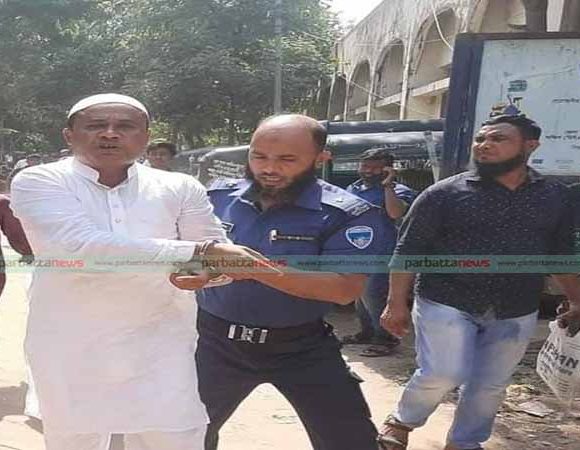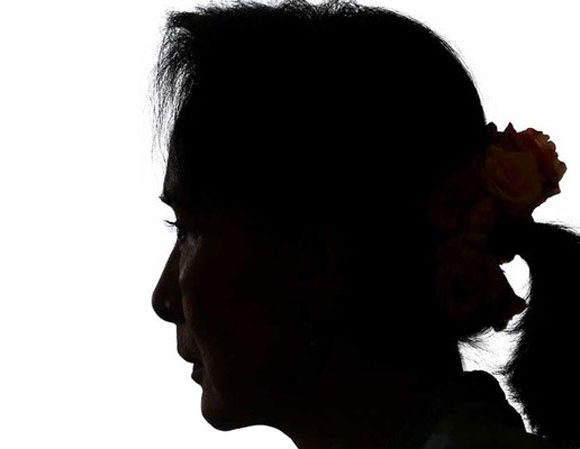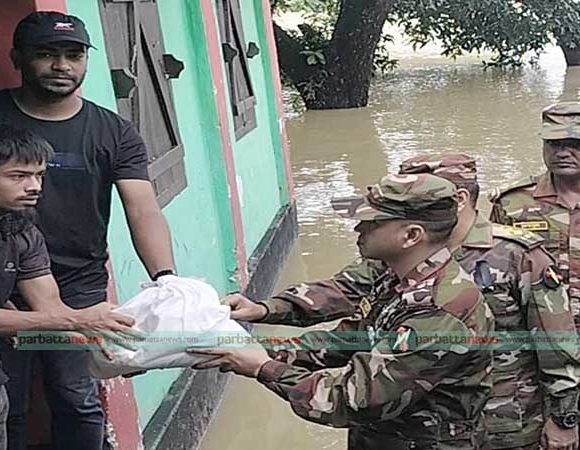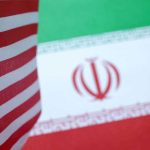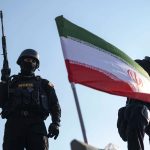China, Russia, India enabling Myanmar’s military rule: Report
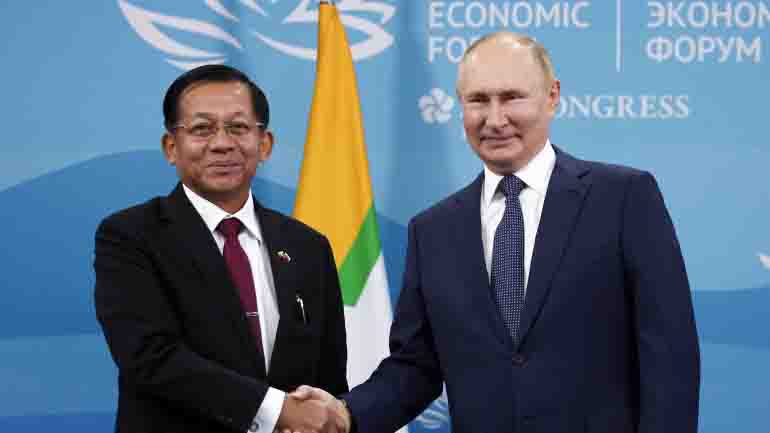
NEWS DESK
Support from China, Russia and India is enabling Myanmar’s military to sustain itself and carry out human rights abuses despite its failure to consolidate power following last year’s coup, a group of international legislators has said, Aljazeera reports.
In a report published on Wednesday, the parliamentarians said this “steadfast and uncritical” support, particularly from Beijing and Moscow, for Myanmar’s military has come amid an “utter” lack of progress on a peace plan proposed by the country’s neighbours in the Association for Southeast Asian Nations (ASEAN).
It is now time to abandon the ASEAN plan and take stronger measures to shore up support for Myanmar’s democratic opposition, said the group of eight legislators, who with the help of ASEAN Parliamentarians for Human Rights (APHR) conducted a four-month long inquiry into the international response to the February 2021 coup.
Most importantly, they said, countries that profess support for democracy must immediately recognise Myanmar’s shadow National Unity Government (NUG) as the legitimate authority in the country and provide funding for the NUG and the ethnic armed groups with which it has allied itself.
These actions should be taken urgently, they said, noting that the military has not been able to consolidate its power 19 months after the coup. Wide swathes of Myanmar are contested between the military and forces allied with NUG and other ethnic armed groups, with the continuing violence precipitating a “near collapse of the economy and an unprecedented humanitarian crisis“, they said.
Some 1.2 million people are now displaced in the country, while security forces are reported to have jailed at least 15,000 people for political crimes and killed at least 2,371 other dissidents.
‘Most potent enablers’
The legislators’ report noted that while international condemnation was swift in the wake of the power grab, with the United States and the European Union imposing sanctions that have isolated Myanmar’s military, coup leader Min Aung Hlaing continues to hold on to power with the backing of his international allies, Russia, China and to a lesser extent, India.
“The support and legitimation granted by these governments have enabled the junta to sustain itself and carry out its numerous human rights violations and abuses, despite its failure to consolidate its coup,” the report said.
“This support has intensified in 2022, as junta allies increasingly see their interests in Myanmar tied to the SAC’s success,” it said, referring to the military’s State Administration Council.
China and Russia have blocked any substantive action against Myanmar’s military at the United Nations Security Council, it noted, while the country’s security forces have reportedly used Chinese and Russian-supplied weapons to perpetrate human rights violations.
China, despite its cautious statements in the aftermath of the coup, has now emerged as one of the military’s “most potent enablers”, affording it a “crucial lifeline in terms of legitimacy”, the report said. Beijing has hosted the military-appointed Foreign Minister Wunna Maung Lwin for talks and has since pushed other regional partners to make similar moves, it alleged.
Witnesses told the parliamentary inquiry that Beijing’s support had undermined ASEAN’s ability to tackle the crisis and push for dialogue.
“Ultimately, the Chinese government has decided it would prefer to move forward with business as usual with the SAC and has sought to shield the junta from international accountability in the interest of maintaining its economic and strategic interests in Myanmar,” the report said.
Unlike China, Russia has demonstrated strong support for the military’s SAC since its inception, the report said. Moscow sent an official representative to the military’s celebration of Armed Forces Day held in Naypyidaw on March 27 as security forces killed protesters, while Ming Aung Hlaing has been welcomed in the Kremlin at least three occasions since the coup. In his most recent visit there in September, the general even met Russian President Vladimir Putin.
In return for this backing, Myanmar has lent vocal support to Russia’s invasion in Ukraine, the report noted.
India’s contribution to the military’s rule, meanwhile, has come in the form of recognition and pursuit of a business-as-usual approach to cross-border relations, it said.
‘Deciding factor’
All the while, key supporters of democracy have proven “largely unable to respond effectively to the crisis”, with stakeholders describing their targeted sanctions as unsuccessful because of their “uncoordinated and unsystematic” nature.
Arms embargos have also been similarly uncoordinated, while there has been a reluctance to sanction some of the state-owned enterprises that fund the military, such as the Myanmar Oil and Gas Enterprise (MOGE).
“As Myanmar’s future hangs in the balance, external pressure on the military and support for the resistance may well be the deciding factor in the course of the conflict,” the report said.
“The international community can, and should, do more to help the Myanmar people to send the military to the barracks and establish a federal democracy. It should start with substantially increasing its efforts to address the worsening humanitarian crisis, intensifying its pressure on the illegal junta through coordinated sanctions and arms embargoes, and recognizing the NUG as the legitimate authority in Myanmar.”
It added: “The NUG, as well as aligned EAOs [ethnic armed organisations], should be provided with funding and capacity building programmes on governance and federalism.”

